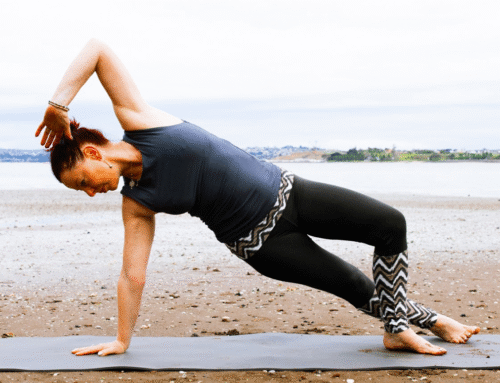Congratualtions to our winners of the 40 day challenge..
First prize goes to Val Boag
Keeping restored and resilient by regular yoga classes including restorative yoga. Walking and swimming, spending time with family and friends, creating a good work/ life balance including time for reflection and gratitude for all that I have in my life.
Why 40 days?
It takes only a few minutes a day over a consistant time to make big changes. It also helps the brain.
“It takes 40 days to break a habit; 90 days to gain the new habit; 120 days and you are the habit;
1,000 days you are Master of it.” -Yogi Bhajan
Yogi Bhajan the founder of Kundalini yoga, taught that it takes 40 days of consecutive practice to create a different pattern of being for yourself; “He said it will take 40 days to break a habit; then it will take 90 days to gain the new habit; so over 120 days you become the habit; 1,000 days to Master of it.” Yogi Bhajan, taught us to practice a kriya/meditation for 40 days – without interruption – this tecnique restructs your energies. After another 50 days, taking you to 90, we find we have gained. After years of consistant practice I know that regular repetition of the same yoga meditation does create great results.
Yoga shown to boost the brain too
Eleven participants received weekly, hour-long memory training sessions and performed exercises ranging from crossword puzzles to computer-based tasks.
The other 14 were given an hour-long yoga session once a week and practised Kirtan Kriya meditation at home for 20 minutes each day.
The form of yoga used in the study, known as Kundalini, focuses on breathing, meditation and chanting as well as poses designed to increase strength and flexibility.
It incorporates Kirtan Kriya meditation, which involves chanting, hand movements and visualisation of light, and has been used for centuries in India to prevent mental decline in older adults.
After 12 weeks, the scientists saw similar verbal memory improvements in both groups.
However, visual-spatial memory was increased to a greater degree in the yoga-meditation group.
Participants practising yoga and meditation were also less likely to be depressed and anxious, and were better able to cope with stress.
Mood enhancement is important because of the emotional difficulties involved in coming to terms with cognitive impairment, said the researchers.


